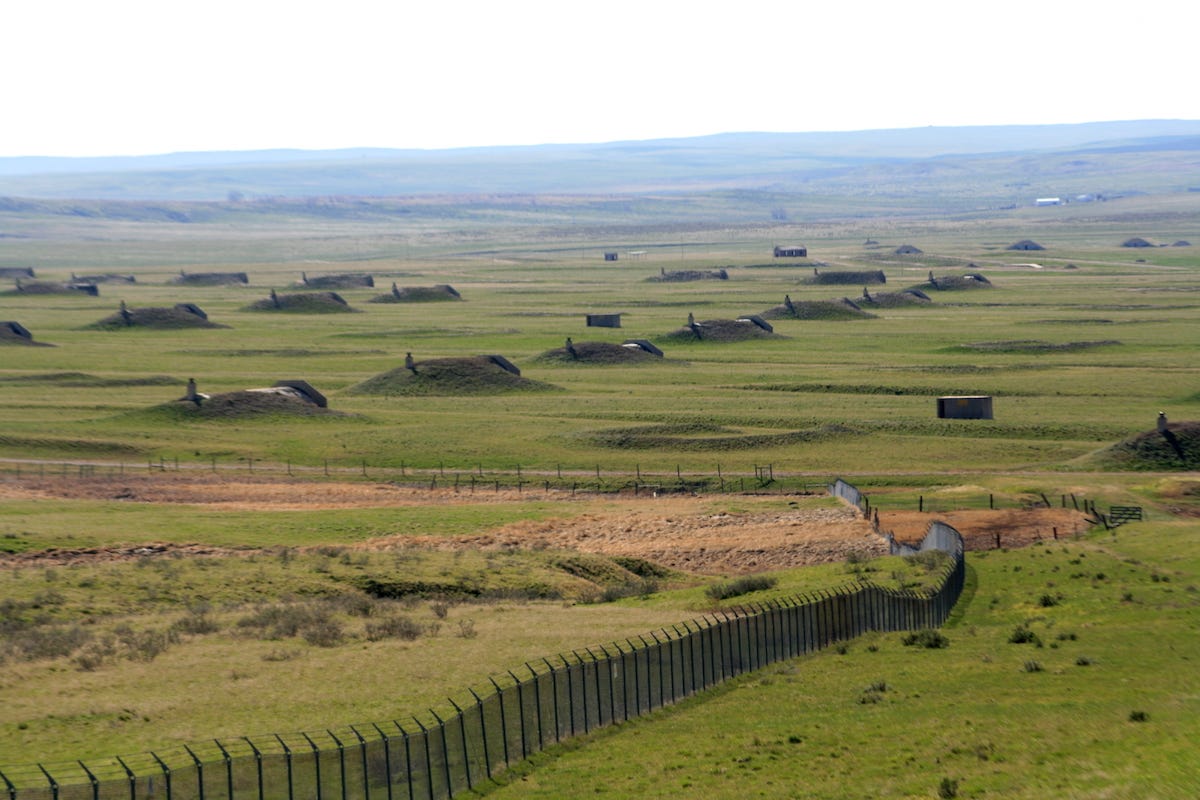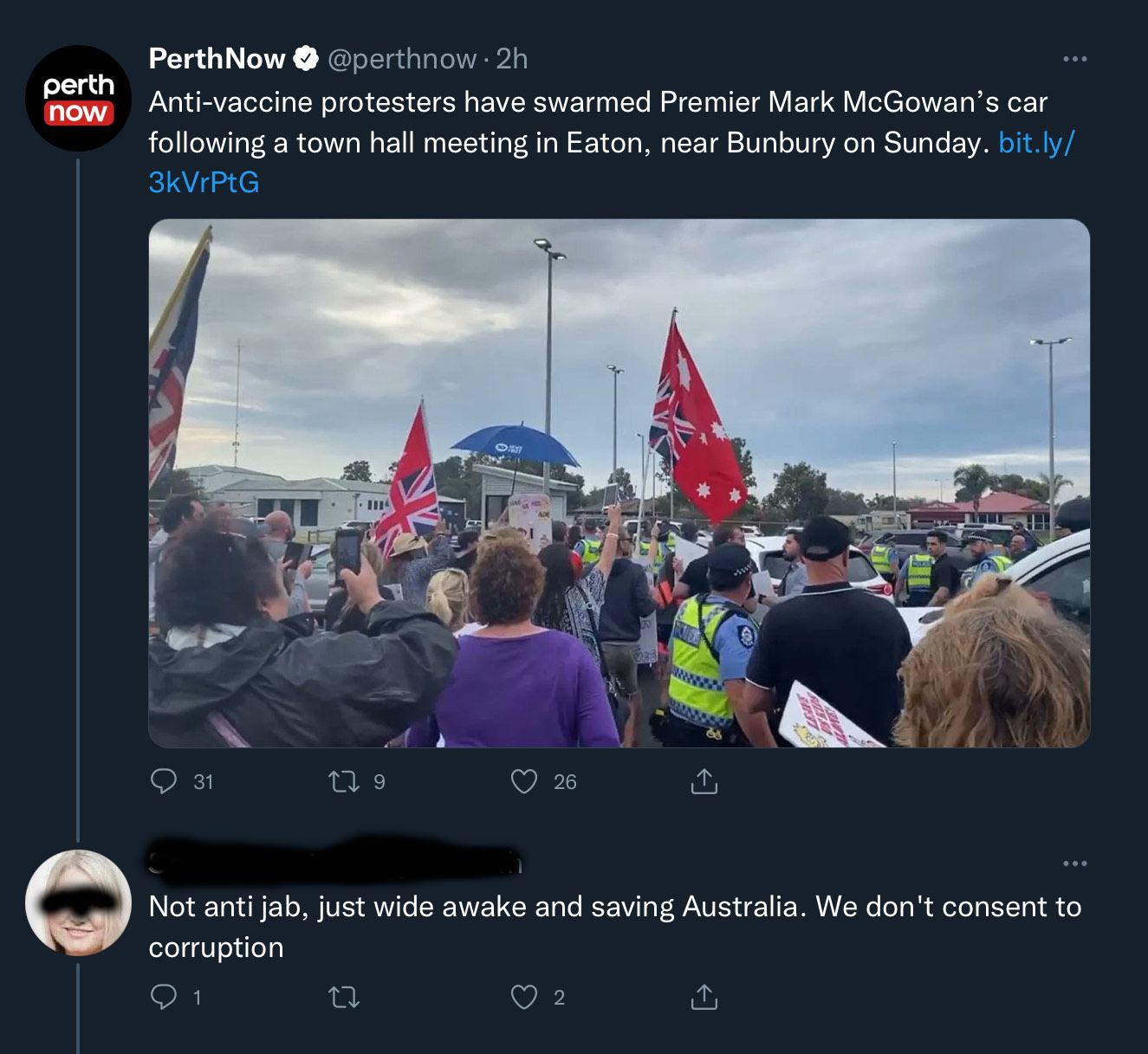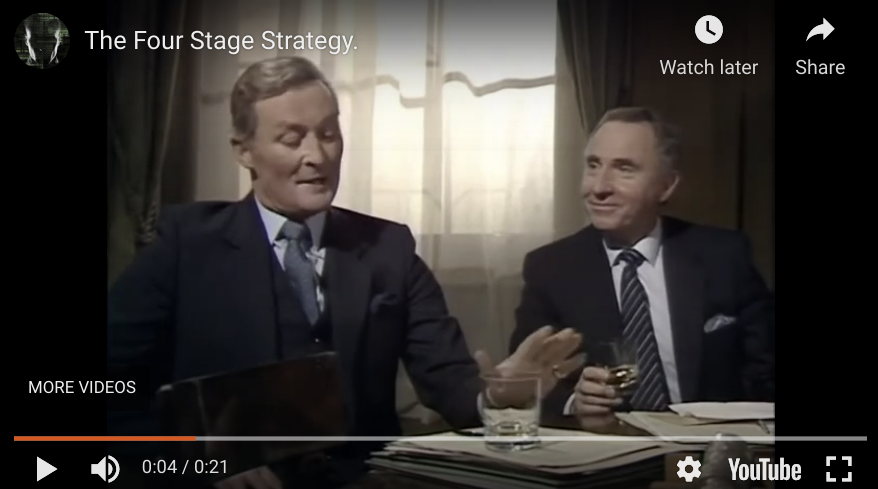Podcast Ep.5 Heads In The Clouds
Our smart phones would be pretty dumb without cloud connectivity. Just how clean and green is this 'cloud' that powers our digital lives?
Does global heating, resource depletion and declining globalisation mean we face a less stable future, unlikely to supply our needs & wants reliably? If so, what strategies should we consider in planning to adapt and mitigate the impacts?
The reason I’ve used the word ‘Less’ for this thread is that our circumstances for the foreseeable future will be less predictable, less stable and less likely to supply our needs & wants reliably. That is, we will need to make do with less than what we do now. Given globalisation peaked over a decade ago, the World of Less is coming - ready or not - or has perhaps arrived already.
In my last post I highlighted the extent to which we are enmeshed in very complex sociopolitical and supply chain systems that have evolved over the last 70 years since the last world war. Although there have been nearly constant and overlapping regional wars, it is no coincidence that the extreme level of complexity/globalisation we reached in the mid-2000s evolved during a remarkably peaceful era in human history. Environmental stability is a prerequisite for complexity to develop.
In contrast, as we enter a period characterised by climate, social, geopolitical, financial and resource-access instability, as it is likely that less complex systems and structures will be favoured - or thrust upon us.

So what does this mean in practical terms? How should we approach the World of Less? These questions don’t have easy or definite answers. But this doesn’t mean we shouldn’t be planning for and making conscious choices to adapt, mitigate and to the extent it is possible, reduce our own contribution to a Lesser future. Failing to plan is planning to fail. But formulating plans won’t be easy.
We are enmeshed in a range of globalised systems that may constrain our effectiveness, whatever we plan to do and much of this enmeshment is beyond our individual control. There is also uncertainty about how the World of Less evolves within the instability of the next decade or two. Realism and pragmatism rather than idealism will be required.
Planning needs to consciously and actively embrace the World of Less. Persisting in denial, maintaining business as usual, environmentally destructive and resource-wasteful habits and behaviours are likely to lead to surprised insecurity -or worse.
Good planning relies on good information. A challenge that is unlikely to get any easier finding trustworthy, clear, information and analysis of stability risks that need planning consideration. Algorithmically generated Facebook news feeds and Google searches won’t cut it. Most personal and professional networks and recommendations offer similar problems of merely recirculating information consistent with a single world view ‘echo chamber’ or bubble.
General news services have an intriguing relationship with political actors that often result in a less than blunt reporting of facts on the ground; or more commonly and much harder to detect omission of important information or frank misdirection (look over here!) depending on the political outlook of their subscribers and owners. Identifying the characteristics of more reliable sources of information is a skill that is not easy to learn. Things like clear disclosure of credentials, competing interests, sources of funding and methods by which data/information was acquired and analysed are a useful start. Reproducibility of findings - consistent with independent approaches (even if estimates are slightly different) and reasoning grounded in evidence are all helpful but not infallible. I have noted in an earlier post that the IPCC reports appear unnecessarily difficult for the lay person to read. To what extent the reports are massaged in an optimistic direction by political influence is also a matter for debate. And there is so much misinformation to sift through. As Sacha Baron Cohen argues - we have a problem of freedom of reach (as illustrated below) by the influential but poorly informed, however well meaning.

We also need to be realistic about the limitations of our forecasting capabilities. As much as we can be quite certain about the ‘whats’ that will impact us over the next decade or two, it is another thing to forecast when or where.
Informed observers expect there will be at least one period of severe financial instability and at least one period of energy supply shortages/price shocks in the next couple of decades. Climatologists expect that CO2 levels and global heating will continue for several decades at least. Associated with these will be severe weather events and their consequences: such as fires, floods and droughts. However no-one can say how severe these near-certainties will be or whether they will occur next week or 15 years from now or what localities will be worst affected.
Although any plan must be informed by the most likely risks in one’s particular location and circumstances, an ‘all hazards’ approach to planning is likely to be the most useful. By this I mean a plan that is useful, irrespective of the nature of the hazard being addressed, be that a fire, flood, financial meltdown or energy crisis.
Just looking at severe weather - the word ‘unprecedented’ is becoming hackneyed by the frequency that jet stream meanders are causing extreme weather events - particularly in the Northern Hemisphere. A meandering jet stream is slow moving and loopy, like a slow moving river. This means that extremely hot (or cold) conditions or torrential rainfall (or snow) are tending to remain stationary rather than move swiftly across the globe. Instead, the extreme weather remains concentrated on a specific location for days instead of hours, creating local havoc.
No-one planned for the specific event of every land route between Vancouver and the rest of Canada being cut off by rain and mudslides last week, but it happened.
The other thing to consider is that all aspects of managing the mundane task of human existence are interrelated. We can’t divorce our physical and emotional health from secure access to the basics of life and our family, social, economic, political and financial circumstances. Planning needs to address all of these.
Some of the relationships between our most basic needs are fairly easy to understand. Reducing unnecessary purchases/consumption of 'stuff'' not only reduces unnecessary waste of limited resources, but saves money, results in less stuff to find time and space for in one’s home or life and means less stuff to move or leave behind (if moving becomes necessary).
Less consumption usually means less expenditure which permits less reliance on debt. Debt being a fair-weather friend only. Apparently helpful when economies are growing and employment or investments are easy to find and pay well; decidedly unhelpful when economies contract and the investment and employment landscape turns sour.
In terms of an all hazards approach, not being somewhere when circumstances are grim is sensible. This means thinking about mobility, both in terms of the means of moving away from possible harm and where one could go; at least temporarily until the hazard has passed. In both cases, more than one option is a good idea and likely to be more useful than prepping a Doomsday bunker.
Another classic prepper activity is hoarding. By all means think about buffers that provide time and space to deal with disruptions but there is a difference. COVID lockdowns saw the great Australian toilet paper hoarding and hoarding of foodstuffs and other items, such as prime cuts of meat and over the counter medicines, particularly simple pain relievers, with no rational thought of the utility of the items or when/if they would ever be used.
In contrast, the purpose of a buffer is to allow one to ride out the intermittency and delays in accessing one’s needs. Slowly accumulating a three month buffer in essential medicines that will be consumed and replaced on an ongoing basis, well before the medicines date expiry can be a useful buffer. A cupboard full of date-expired paracetamol or a freezer full of meat that is no longer edible after a power failure is just a waste and denies access to others who would benefit from them. If a house needs evacuation due to fire or flood, would anyone bother to take the 64 rolls of toilet paper with them?
An extreme example of keeping stuff to a minimum and ensuring mobility is the traditional culture of the indigenous inhabitants of the western deserts of Australia. For those unfamiliar with Australian geography, think of a desert of similar size and hostility to the Sahara.
Mobility is essential for survival in this demanding environment as the availability of food and water resources change with the seasons. The toolset carried is multipurpose and restricted to a minimum. The oral culture of these people embodies not just spiritual, lore and ethical traditions but also practical knowledge of where and when important resources are located as well as how and where to find them. Again, multipurpose and efficient. The physical tools and mobility would be of little use without this knowledge of when to be where and why committed to memory. In contrast, how many of us now rely on all the complexity that delivers us Google Maps rather than learning and memorising how to navigate the towns and cities where we live? Whether or not the World of Less demands as much of us as the western deserts, this ancient culture illustrates the importance of having options, knowledge of how to access and travel to them and the value of shedding unnecessary stuff.
However, equally important to personal knowledge and skills are clan members’ relationships with each other and with other clans networks across the over 1000 km x 1000 km span of the western desert cultural complex. None of us are an island either. Planning for an unstable and changing world can’t be undertaken in isolation. The prepper bunkers pictured above will be supplied by whom? Family, friends and altruistic community behaviour are often critical in times of difficulty. Maintaining and strengthening these networks are likely just as important as personal planning as we enter the World of Less. There are many dimensions to this planning that will be discussed in greater detail in subsequent posts.
An alternative approach to considering and planning for the World of Less is outlined below. The approach outlined is, however, definitely not recommended...

Peter Zeihan's Disunited Nations is a keen eyed perspective on the geopolitical factors that allowed globalisation to develop and why it is unravelling now.
Subscribe to thisnannuplife.net FOR FREE to join the conversation.
Already a member? Just enter your email below to get your log in link.